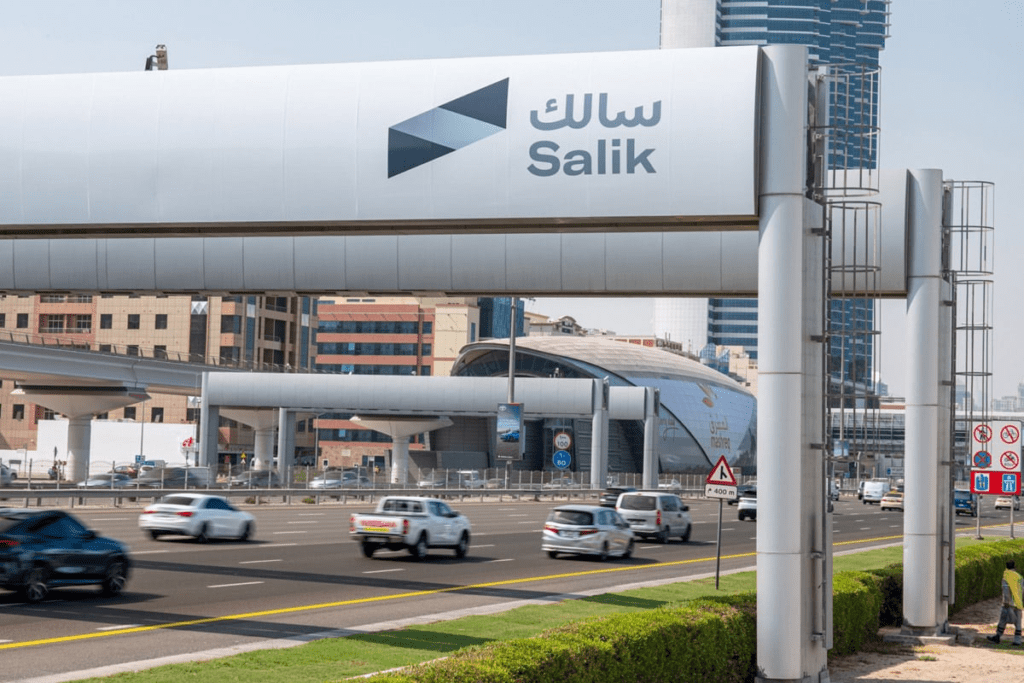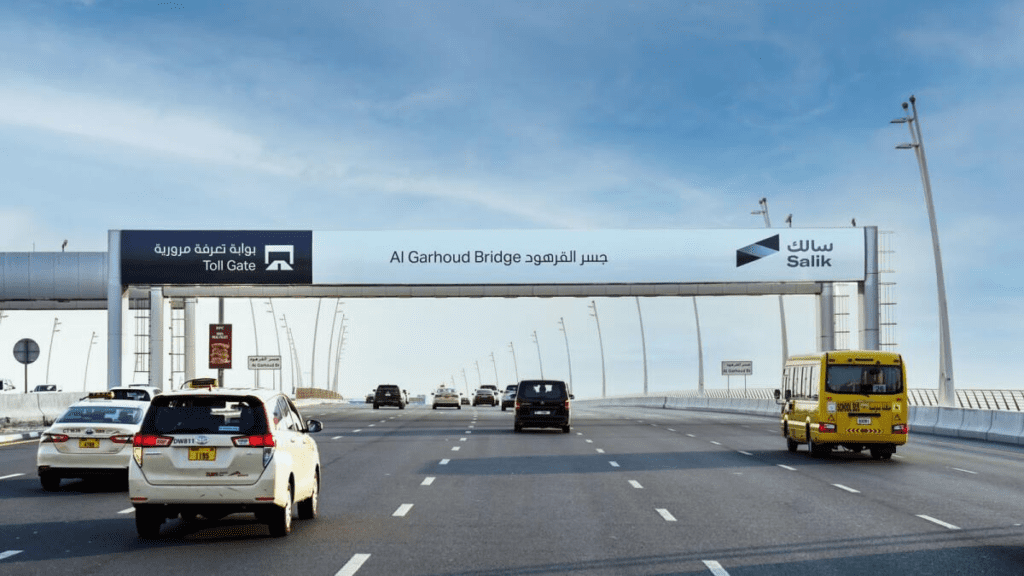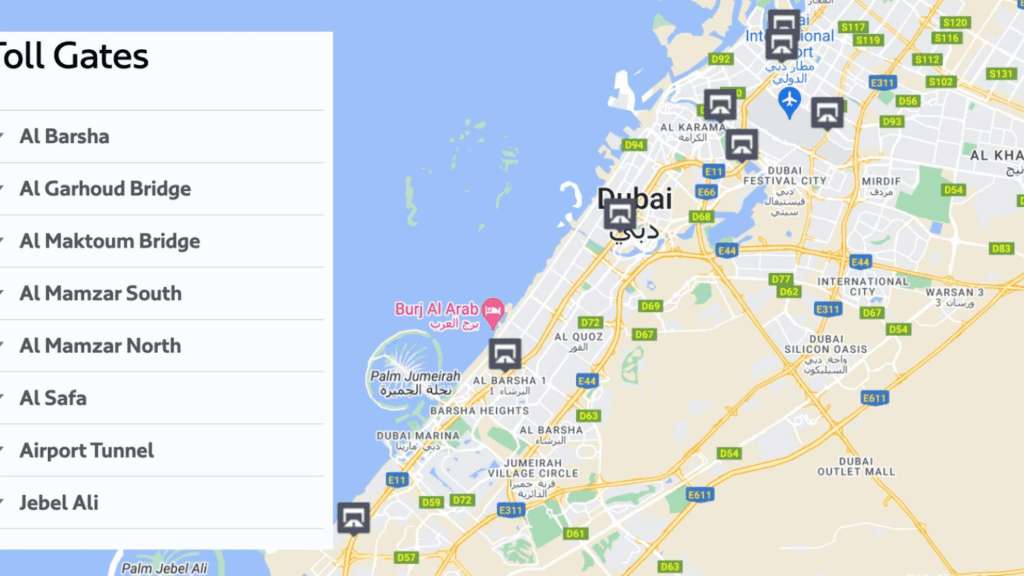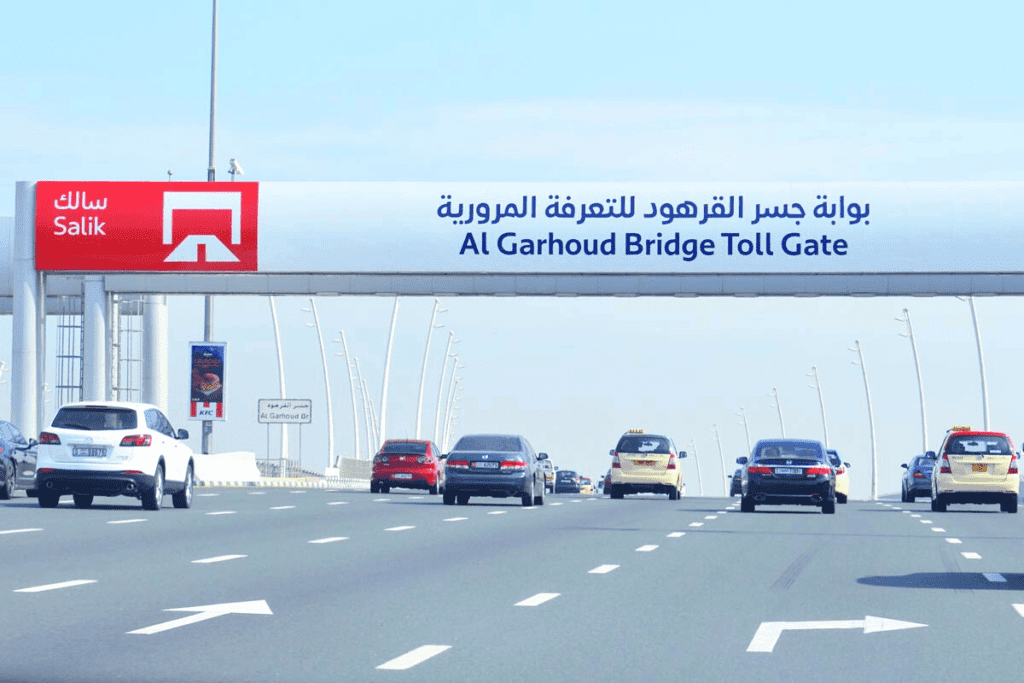Dubai residents are bracing for a significant change in their daily routines as the Roads and Transport Authority recently announced the addition of two new Salik toll gates. While this development has stirred concerns among motorists, taxi riders are not exempt from the implications. The two upcoming toll gates, located at Business Bay Crossing on Al Khail Road and Al Safa South on Sheikh Zayed Road, are expected to increase taxi fares, thereby impacting monthly household expenses for residents.

In this blog post, we will delve into the details of the announcement and explore how the new Salik Toll Gates is likely to affect the lives of Dubai residents.
Salik Toll Gates: Impact on Taxi Fares
The introduction of the new Salik Toll Gates is poised to bring about a surge in taxi fares, adding an extra layer of concern for both residents and taxi riders. Since 2013, Salik tolls have been automatically included in taxi fares, with each gate contributing Dh4 to the final amount. For regular taxi users like Mario Gonsalves, who commutes daily along Al Khail Road, this means an additional Dh8 per day, translating to approximately Dh160 in extra monthly expenses starting November.

Expanding Salik Network:
The addition of the two new Salik Toll Gates will bring the total number of toll gates in Dubai to 10. With Sheikh Zayed Road hosting the majority of these toll gates, residents who traverse this main arterial highway will bear the brunt of increased toll fees. Motorists commuting from areas such as Sharjah or Al Nahda to Jebel Ali may find themselves passing through up to five toll-charging Salik gates each way, amounting to a daily toll fee of Dh40.
Mitigating Measures for Motorists:
While the new Al Safa South gate may concern some residents, the Salik Company has clarified that it will be linked with the existing Al Safa gate (Al Safa North). Motorists passing through both gates within one hour in the same direction will only be charged once. However, those currently enjoying a Salik-free route along Al Khail Road, such as Muzaffar, will face an extra cost of Dh8 daily.

Residents’ Responses and Suggestions:
The anticipated toll charges have prompted residents like Muzaffar to consider alternative routes, such as Dubai Creek crossings like the Infinity Bridge and Al Shindagha Tunnel. However, this poses additional challenges, including increased driving distance, higher petrol costs, and longer travel times.
Some residents are suggesting potential solutions to mitigate the impact of the new toll gates. Ion Gonzaga, a social media influencer, advocates for serious discussions on salary increases to cope with the rising cost of living. Others propose the implementation of a Salik-free window, suggesting tolls be waived during off-peak hours and weekends when traffic is lighter. Additionally, there are calls for companies to offer more remote working days to alleviate the financial burden on employees.
Financial consultant Susan Francisco advises residents to proactively manage their expenses by finding ways to cut unnecessary costs. She suggests that motorists, who often travel alone, consider using public transport as a cost-saving alternative.
As Dubai prepares to implement two new Salik toll gates, residents are navigating the potential impact on their daily lives, including increased taxi fares and household expenses. While some are exploring alternative routes, others are engaging in conversations about salary increases and proposing innovative solutions to mitigate the financial implications. As the city evolves, residents are encouraged to find proactive measures to adapt to the changing landscape of transportation and associated costs.

